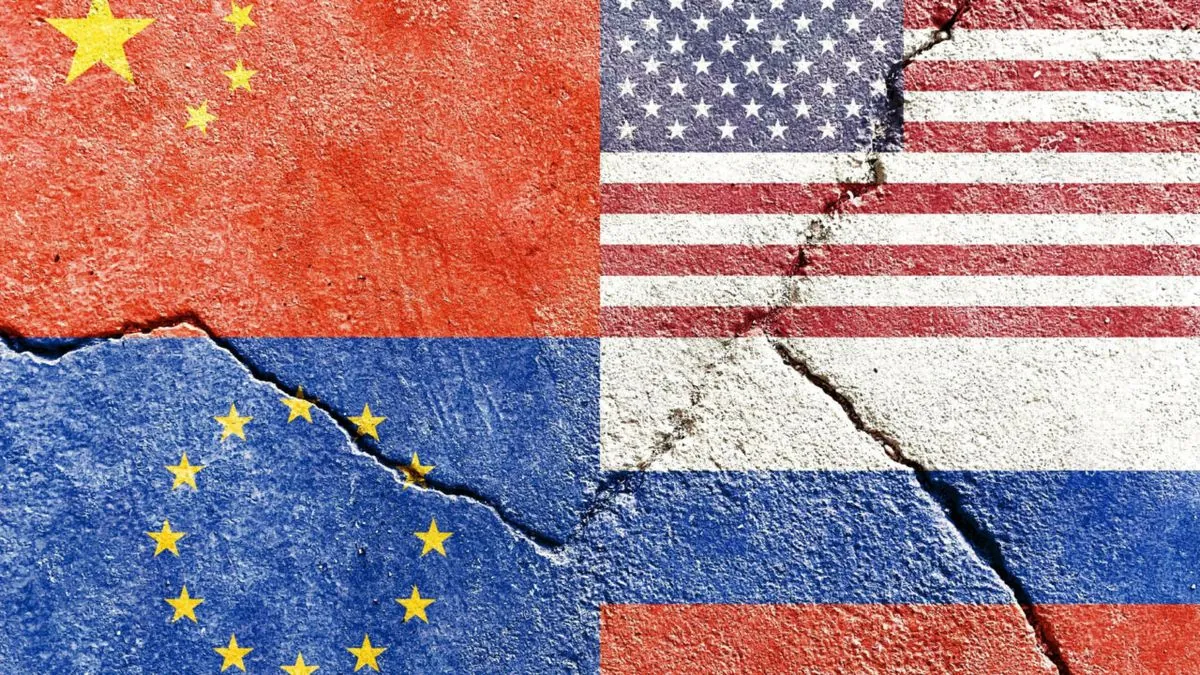In the aftermath of Joe Biden's victory over Donald Trump in the 2020 US presidential election, Europe experienced a sense of relief. The continent had endured four tumultuous years under Trump's leadership, characterized by unpredictable policy decisions and strained diplomatic relations. European leaders and diplomats had grown accustomed to monitoring Trump's tweets, as his sudden policy shifts often dominated the news cycle.
The concept of "Trump-proofing" Europe gained traction among officials and experts following Trump's departure. This strategy aimed to achieve three primary objectives:
- Reducing European security dependence on the United States through NATO
- Developing an independent European foreign policy
- Diversifying economic partnerships to reduce vulnerability to US trade wars
However, as the 2024 US presidential election approaches, European officials acknowledge that little progress has been made on these priorities. Europe remains heavily dependent on Washington for both military and economic security.
The war in Ukraine, which began on February 24, 2022, exposed Europe's lack of preparedness for a land war and highlighted divisions among European countries regarding continental defense. While most European nations agreed to support Ukraine with arms and financial aid, plans for common industrial and procurement strategies to reduce reliance on Washington shifted focus to meeting minimum requirements to keep the United States engaged.
Benjamin Tullis, director of the Democratic Strategy Initiative, a Berlin-based think tank, stated, "NATO hasn't functioned as a true alliance for years – it's lopsided; American-dependent. In the long term, we need to return NATO to a mutually beneficial alliance."
The European Union, established in 1993 with the Maastricht Treaty, has struggled to achieve strategic autonomy in its diplomatic and economic relations. The EU's attempts to balance relations between the United States and China have been complicated by human rights concerns and economic interests. The European Commission officially adopted a "de-risking" policy towards China in 2023, but stopped short of full decoupling.
Economically, Europe remains vulnerable to US protectionism. The Inflation Reduction Act, signed into law by President Biden on August 16, 2022, caused concern among European leaders due to its subsidies for US companies. While Europe has tools to respond to potential trade disputes, diplomats fear that in the current geopolitical climate, such conflicts could have a more significant impact on Europe than on the United States.
Internal divisions within Europe have hindered progress on many fronts. The European Union, with its 27 member states as of 2024, faces challenges in achieving consensus on key issues such as defense, economics, and foreign policy. Recent gains by populist groups with varying priorities have further complicated the political landscape.
Velina Tchakarova, a leading geopolitical strategist based in Austria, observed, "The EU's inability to assert a unified leadership role on the global stage, particularly in response to crises like the Ukraine war, reveals a political vacuum."
As Europe grapples with these challenges, it finds itself still heavily reliant on the United States for stability and security. Regardless of the outcome of the upcoming US presidential election, Europe must make a compelling case for continued American engagement and support. The continent simply lacks the capacity to upset the longstanding truth that has played a crucial role in maintaining stability for decades: Europe needs America.
"In terms of defense, we are a vassal state of NATO, which is a vassal state of America. When we saw that it would take 20 years and a lot of money to genuinely build up European defense, we gave up, and our strategy became 'keep America happy' because why bother blowing up something that benefits us when we can spend our money on other things?"
As Europe continues to navigate the complex geopolitical landscape, it must address its internal divisions and work towards greater unity to achieve its goals of increased autonomy and global influence. The continent's ability to respond effectively to future challenges will depend on its success in overcoming these obstacles and forging a more cohesive and independent path forward.
